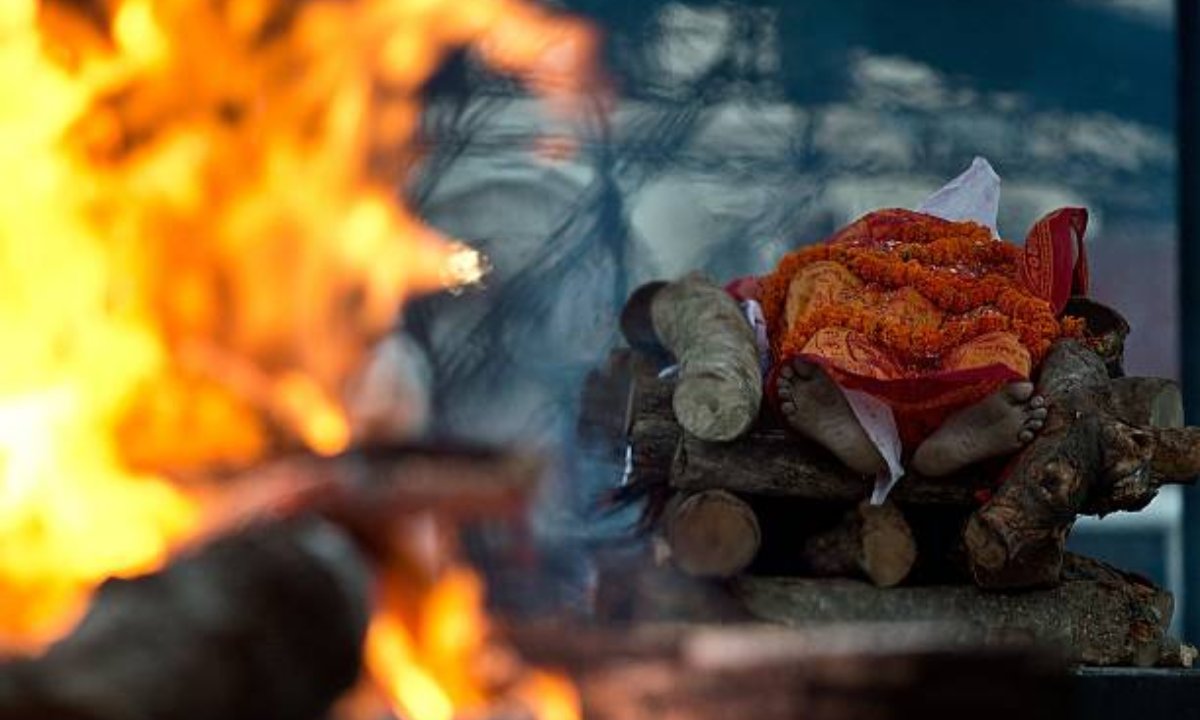The Hindu death rituals include the important element of the cremation ceremony. For ages, families have come together to bid farewell to their loved ones through prayers, traditions, and customs that are thousands of years old. Although things are considerably different in modern days, a question that commonly pops up is: Are women allowed to attend cremation ceremonies in the Hindu religion? This article will explore this topic, discussing traditional beliefs, changing practices, and modern developments, including funeral services in cities like Bangalore.
Hindu Customary Beliefs Regarding Cremation Ceremonies
The traditions and beliefs related to death are strong in most regions of India. The death rituals of Hinduism state that the soul departs the body upon death and starts the journey to the afterlife. The body is viewed as a transient area, and cremation is thought to free the soul from the body’s bonds.
Conventionally, it has been a common phenomenon to note that women do not attend the actual cremation ceremony. Men, especially the eldest son or a close male relative, usually light the funeral pyre and perform the main rites. This practice stems from ancient beliefs about protection, purity, and the roles assigned to men and women. In the past, it was thought that the emotional and physical impact of witnessing funeral services could be too much for women to bear.
Justifications for Excluding Women
1. Emotional Sensitivity:
People always assume that women are more emotionally sensitive and, therefore, they may be traumatized by the sight of a loved one whose body is burning. Elders would instead want to spare women and daughters, in particular, and wives from the agonizing sight during the cremation ceremony.
2. Religious Interpretations:
Some relate the presence of women at cremation grounds to impurity or spiritual imbalance. However, the interpretation of these texts is as different as regions and families.
3. Purity Customs:
The limitation has much to do with ideas of ritual purity in Hindu death rituals. At and immediately after the cremation, some regulations concerning the persons who can go near the pyre are observed, subsequently resulting in the exclusion of women.
Regional Diversity in India
India is a large nation with alternative traditions. Although in certain regions it is still quite usual that women are excluded, in other communities women are permitted to take full part in the cremation ceremony and must also be permitted to take part in the funeral services.
North India:
The tradition, in this case, is more rigid, and women usually remain confined at home as the male members of the family conduct the last rites.
South India:
In urban centers such as Bangalore, as well as in portions of Kerala and Tamil Nadu, women routinely visit the funeral grounds, observe the ceremonies, and even participate in the last rites of prayers.
Contemporary Change and Changing Traditions
However, this has been changing in recent decades about how individuals perceive the roles of women in cremation services in Bangalore and other metropolises. Social reforms and education have brought new perspectives. Many families now welcome daughters and female relatives at the cremation ground, allowing them to say their final goodbye.
Legal and social reforms have also supported women’s rights to participate in rituals, including the actual lighting of the pyre in the absence of a male heir. It is not unheard of today for a daughter to perform her father’s last rites in the absence of a son.
Crematoriums and Services in Urban India

With cities like Bangalore growing rapidly, modern facilities cater to diverse family needs. Most cremation services in Bangalore, served by the BBMP (Bruhat Bengaluru Mahanagara Palike), the city’s civic body, do not prevent women from attending ceremonies. Though customs are followed, the choice is left to the family.
At the BBMP crematorium, staff members are accustomed to traditional and modern practices and provide support irrespective of the family’s choices. Such cremation places are normally harmonious and allow women to join them.
Reasons why Women should be allowed at Cremations
1. Emotional Closure:
Attending a cremation ceremony and saying the last farewell can be a significant element of the grieving process, both for men and women.
2. Violating Gender Rules:
Tradition is something that is being questioned by a lot of individuals today, where women are excluded. They indicate that gender does not embrace grief and love.
3. Equality and Contemporary Perspective:
With the changing times, more families are accepting gender equality in all aspects, including the Hindu death rituals. The presence of women is considered to be a part of love and respect for the one soul.
Difficulties and Social Expectations
Other families are afraid to break tradition, even though their attitudes have changed. Family members or social elders might protest when women participate in the cremation ceremony or perform the chief rituals. Sometimes, this leads to women participating from a distance or only after the main rites are completed.
The attitude changes further with people who are educated and urban, compared to villagers or more conservative families. In Bangalore, it is quite common for women to attend the BBMP crematorium, stand with the rest of the family, and even help arrange funeral services.
Summing up: It is a Question of Choice and Respect.
Therefore, are women allowed to participate in cremation rituals in Hindu culture? It has no one answer, being dependent on a family, a region, and personal beliefs. Tradition has bent its ways more towards the exclusion of women, but that is fast altering, particularly in cities such as Bangalore. In the end, this very personal choice should be driven by the desires of the family, the preferences of the mourning women, and respect toward each other.
The infrastructure of the cremation services in Bangalore is catching up with contemporary needs, and the personnel of the BBMP crematorium are accustomed to various rituals. Times of absolute exclusion are long gone by, and nowadays it is more and more normal to find women present, praying and remembering their loved ones.
Ultimately, the essence of the Hindu death rituals is the ability to share love, respect, and a proper send-off to the deceased. It can be a woman or a man who is standing next to the pyre, but the intention and love are what count.
Final Thoughts
The process of cultural evolution does not stop. Tradition can be modified with dignity as families consider their principles and the desires of the people they love. In India today, particularly in forward cities, it is not strange or uncommon to find women attending the cremation ceremony. The procession of paying respect to the dead is a common affair.
Beleiv is a funeral service provider that provides emotional and high-quality cremation services in Bangalore, aiming to give the deceased a worthy send-off, keeping in mind the cultural requirements and personal assistance.




